Understanding HDPE Sanitary Sewer Pipes
HDPE sanitary sewer pipes have revolutionized the way we approach wastewater management. Made from highdensity polyethylene, these pipes are designed to handle the demands of sanitary sewer systems efficiently. The primary benefits of using HDPE sanitary sewer pipes include their resistance to corrosion, ease of installation, and overall costeffectiveness.
Advantages of HDPE Sanitary Sewer Pipes:
1.Corrosion Resistance: Unlike traditional materials like iron or concrete, HDPE pipes do not corrode over time, making them ideal for carrying wastewater and sewage.
2.Flexibility and Durability: HDPE sanitary sewer pipes are highly flexible, which allows them to withstand ground movements and settle without cracking or breaking.
3.Long Lifespan: With proper installation, HDPE pipes can last for decades, offering a longterm solution for sewer systems.
The Role of HDPE Sprinkler Pipe Fittings
In addition to sanitary sewer systems, HDPE pipes are widely used in irrigation and sprinkler systems. HDPE sprinkler pipe fittings are crucial components that ensure the efficient distribution of water across various landscapes. These fittings connect different segments of HDPE pipes and help maintain a consistent flow of water.
Key Types of HDPE Sprinkler Pipe Fittings:
1.Elbows
Used to change the direction of water flow, elbows are essential in designing efficient sprinkler systems.
2.Tees
These fittings allow for branch connections from the main pipe, facilitating water distribution to multiple areas.
3.Couplers
Couplers are used to join two sections of HDPE pipes together, ensuring a seamless connection and preventing leaks.
Benefits of HDPE Sprinkler Pipe Fittings
Leakproof Connections
HDPE fittings are designed to provide secure, leakproof connections that prevent water wastage and ensure efficient irrigation.
Ease of Installation
The lightweight and flexible nature of HDPE fittings make them easy to handle and install, reducing labor costs and installation time.
Exploring Black HDPE Pipe Solutions
Black HDPE pipes are another popular choice in various applications due to their unique properties. The black color is not just aesthetic but serves functional purposes, especially in underground installations.
Features of Black HDPE Pipes
1.UV Resistance
The black color of these pipes provides protection against UV radiation, making them suitable for outdoor applications where they might be exposed to sunlight.
2.Temperature Resistance
Black HDPE pipes can handle a wide range of temperatures, making them versatile for different environmental conditions.
3.High Strength
The black coloration is often associated with enhanced strength and durability, making these pipes ideal for demanding applications.
Applications of Black HDPE Pipes
Water Distribution Systems
Their robustness makes black HDPE pipes suitable for water distribution networks, where durability and resistance to external conditions are crucial.
Industrial Applications
Black HDPE pipes are used in various industrial processes due to their ability to withstand harsh environments.
Comparing HDPE Pipes in Different Applications
When choosing between HDPE sanitary sewer pipes, HDPE sprinkler pipe fittings, and black HDPE pipes, it's essential to consider the specific requirements of your project. Each type of HDPE pipe offers unique advantages tailored to its intended use.
1.Sanitary Sewer Systems
HDPE sanitary sewer pipes are designed for efficient wastewater management with a focus on corrosion resistance and longterm durability.
2.Irrigation Systems
HDPE sprinkler pipe fittings ensure effective water distribution and efficient irrigation, reducing wastage and improving system performance.
3.General Water Distribution
Black HDPE pipes offer versatility and strength for various water distribution and industrial applications, with additional benefits like UV and temperature resistance.
Installation and Maintenance Tips
Installation of HDPE Pipes
Trenching: Ensure proper trenching to accommodate the pipe’s diameter and depth.
Joining Techniques: Use appropriate joining methods, such as butt fusion or electrofusion, to ensure secure and leakproof connections.
Maintenance of HDPE Pipes:
Regular Inspections: Conduct regular inspections to identify and address any potential issues.
Cleaning: For sprinkler systems, ensure that the pipes and fittings are free from debris and blockages.
HDPE sanitary sewer pipes, HDPE sprinkler pipe fittings, and black HDPE pipes each play a crucial role in modern infrastructure and construction projects. By understanding the unique benefits and applications of these components, you can make informed decisions that enhance the efficiency and longevity of your systems. Whether you're managing wastewater, designing irrigation systems, or working on industrial applications, HDPE solutions provide reliable and effective options for a wide range of needs.
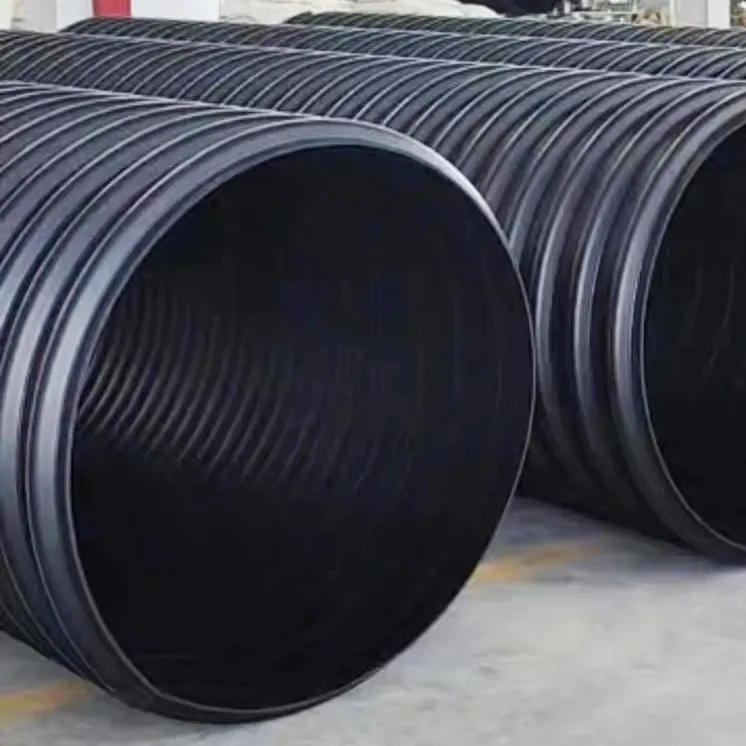
981.webp)
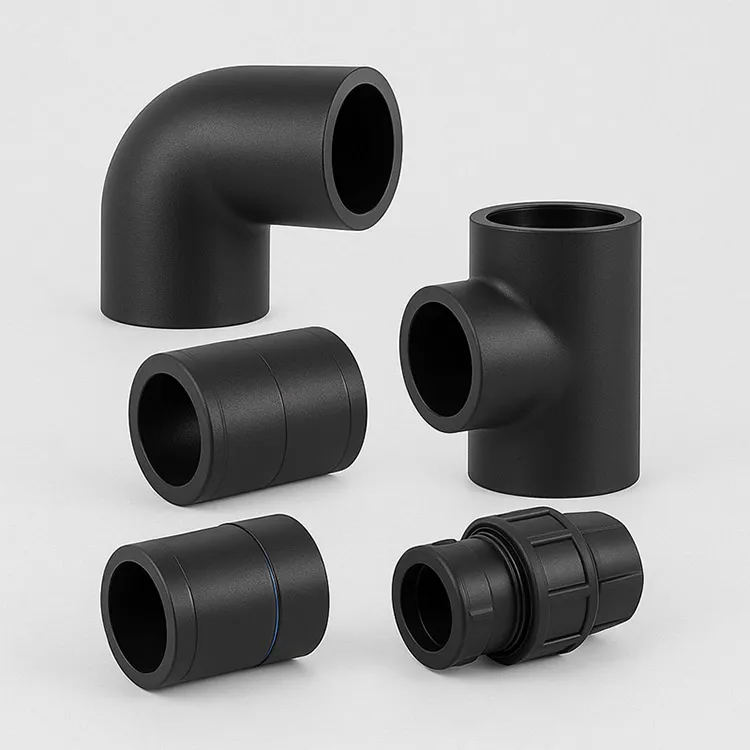
 (1)379.webp)
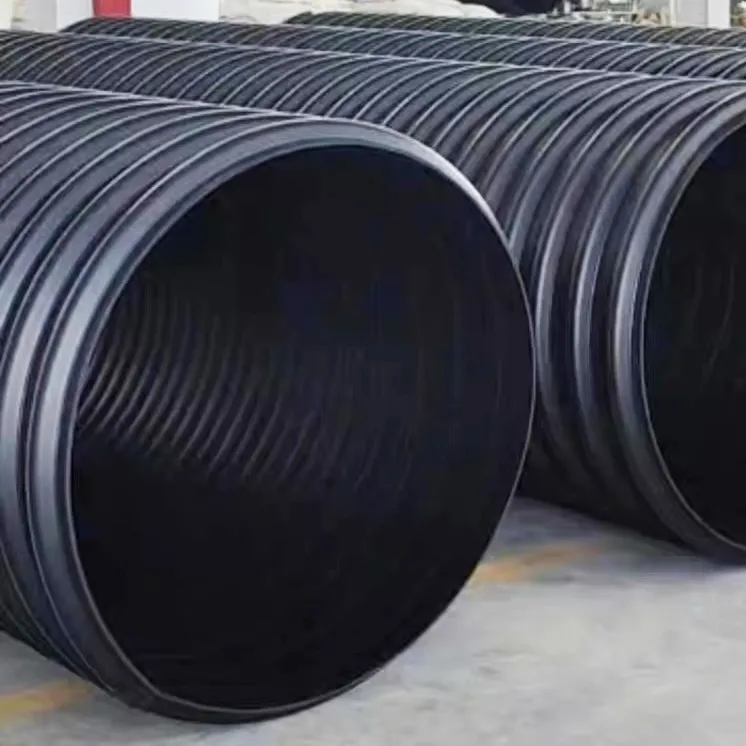
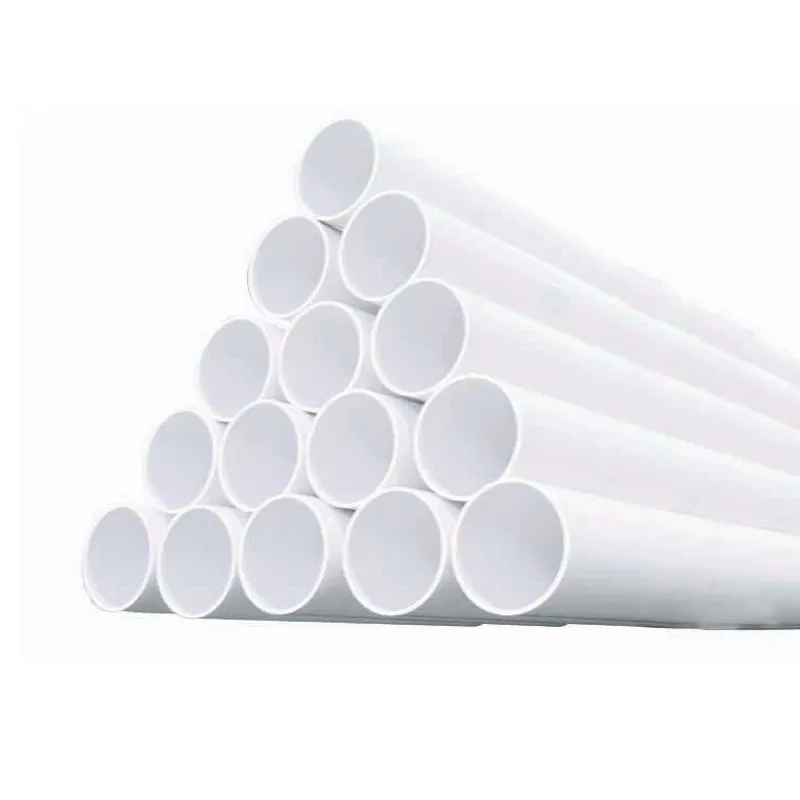
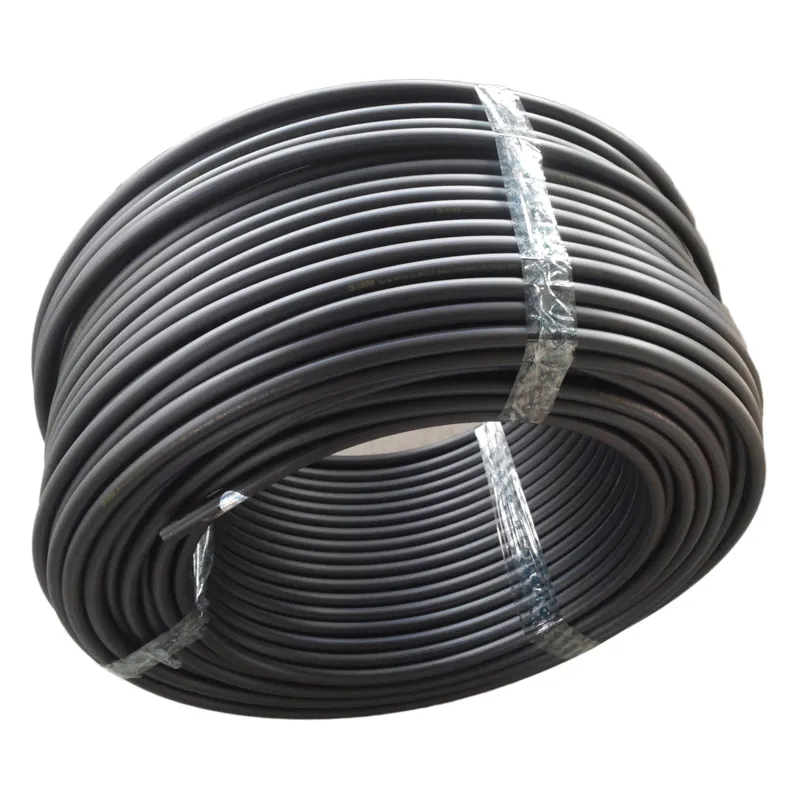
294.webp)
476.webp)
420.webp)
146.webp)
460.webp)
287.webp)
274.webp)
688.webp)


